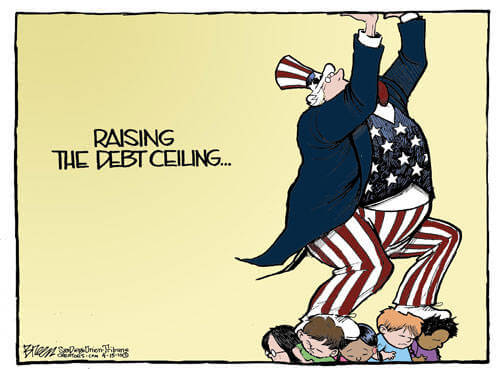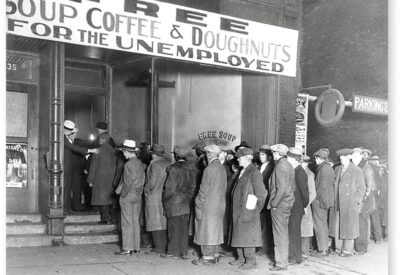
Southwest Tribune Newspaper: Rochester, NY
A looming, catastrophic default is less than two weeks ahead if the U.S. Congress does not raise the debt ceiling.
It could have broad implications for the overall U.S. economy, which would likely affect all Americans, including African and Latino Americans.
Here are a few potential ways these communities could be impacted:
1. Economic Consequences: Failure to raise the debt ceiling could lead to a default on U.S. government debt, which would likely trigger significant turmoil in financial markets. This could result in a recession or economic downturn, leading to job losses, reduced economic growth, and increased poverty rates.
African and Latino Americans, who often face higher rates of unemployment and lower average incomes, may be disproportionately affected by these negative economic consequences.
2. Government Programs and Services: If the U.S. faces a financial crisis due to a failure to raise the debt ceiling, the government may be forced to implement austerity measures, including spending cuts across various programs. This could impact social welfare programs, education, healthcare, infrastructure projects, and other areas where African and Latino Americans may heavily rely on government support.
3. Access to Credit and Loans: A debt ceiling crisis could also impact interest rates, making it more expensive for individuals and businesses to borrow money. African and Latino Americans, who historically face barriers in accessing affordable credit and loans, may find it even more challenging to secure financing for education, housing, or starting or expanding businesses.
4. Housing and Mortgage Market: If financial markets become unstable, it could affect the housing and mortgage market. This may result in reduced access to affordable housing, tighter lending standards, or increased interest rates, making it harder for African and Latino Americans to purchase homes or refinance existing mortgages.
5. Social Safety Net Programs: Funding for social safety net programs such as Medicaid, SNAP (Supplemental Nutrition Assistance Program), and housing assistance could be impacted if the government faces a financial crisis. These programs are crucial for many low-income individuals and families, including African and Latino Americans, and any disruptions could have severe consequences for their well-being.
It's important to note that the exact impact on African and Latino Americans would depend on various factors, including the severity and duration of the crisis, specific policy responses, and the underlying economic conditions.
However, historically marginalized communities often face a disproportionate burden during times of economic uncertainty and austerity measures.





